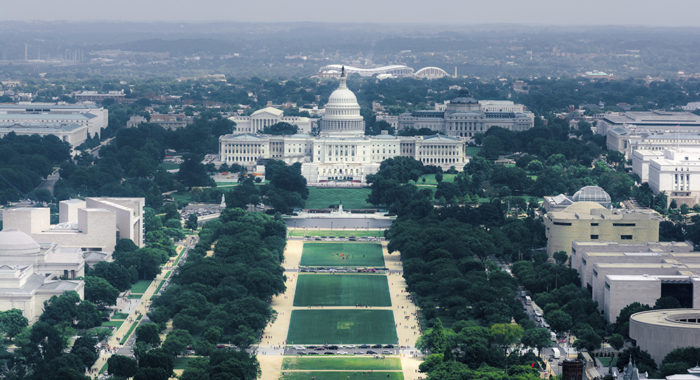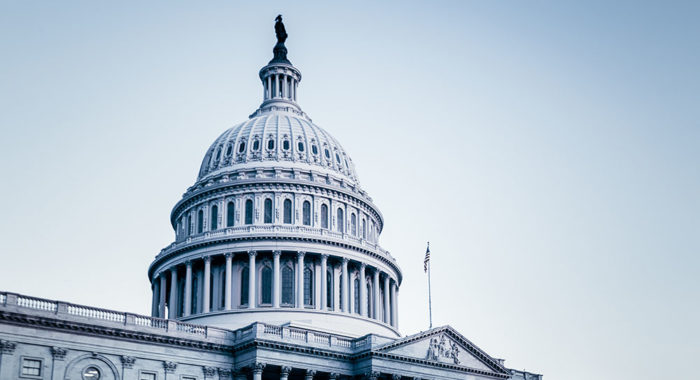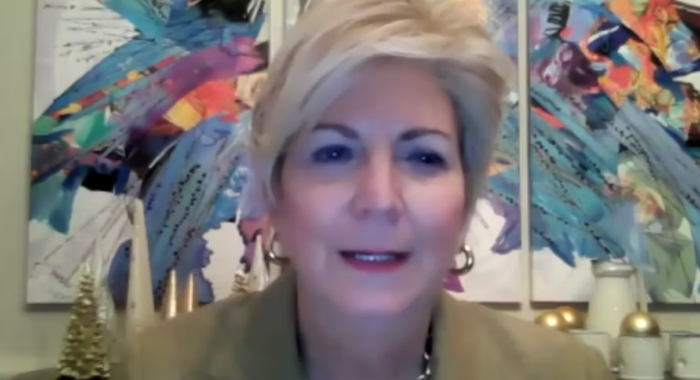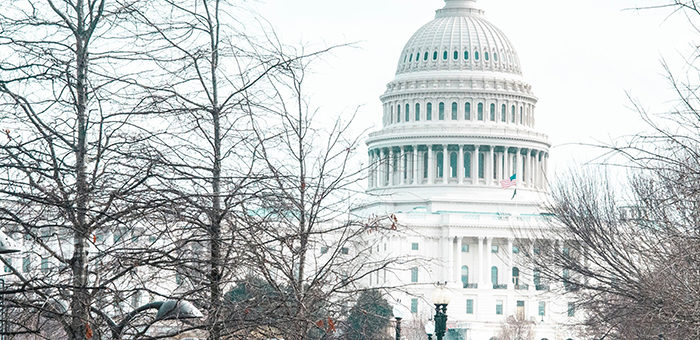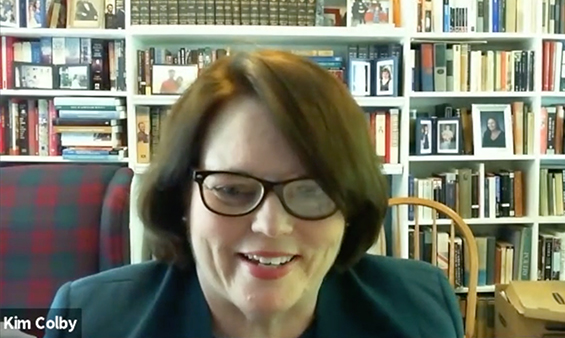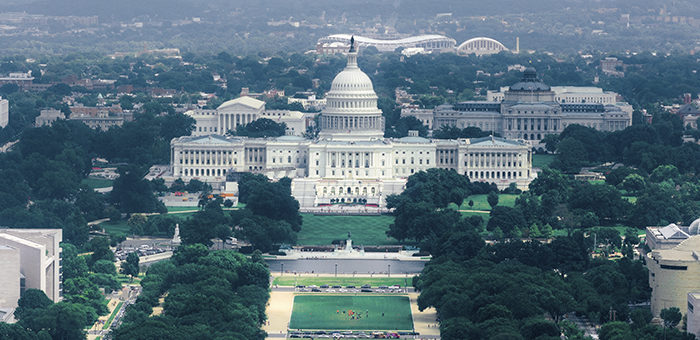The National Association of Evangelicals (NAE) remains concerned about the narrow exemption for religious employers contained in the Health and Human Services final rule published Friday requiring free sterilization and contraceptive services in all new health insurance plans. The President’s proposal, also made on Friday, did not alter the definition of religious employer.
Under the rule, a “religious employer” is defined as an entity that is registered as a church or association of churches, hires mainly its own people, serves mainly its own people, and exists mainly to inculcate religious values.
“No other federal law or regulation leaves such a broad range of religious organizations unprotected,” said Galen Carey, NAE Vice President of Government Relations. “The administration chose a narrow definition of religious employer, withholding protection for groups that serve those outside their own religious communities.”
Most evangelicals support access to contraception, except for those drugs and methods that may function as abortifacients. But evangelicals oppose requiring organizations with religious objections to violate their conscience.
The NAE is still studying the President’s proposal to allow religious groups not exempted from the contraception and sterilization mandate to offer plans without those services, while requiring the groups’ insurance carriers to offer the excluded services to plan participants directly and without charge. Details of these arrangements have not yet been released. The proposed work-around would not protect employers that are self-insured.
“We appreciate the administration’s tacit acknowledgement that the current policy inadequately protects religious groups,” Carey said. “We hope they will sit down with affected organizations and make further changes to the rules. Meanwhile, Congress should pass legislation making religious and conscience protections permanent, so these fundamental issues are not vulnerable with every change in administration.”



 View All Updates
View All Updates 




